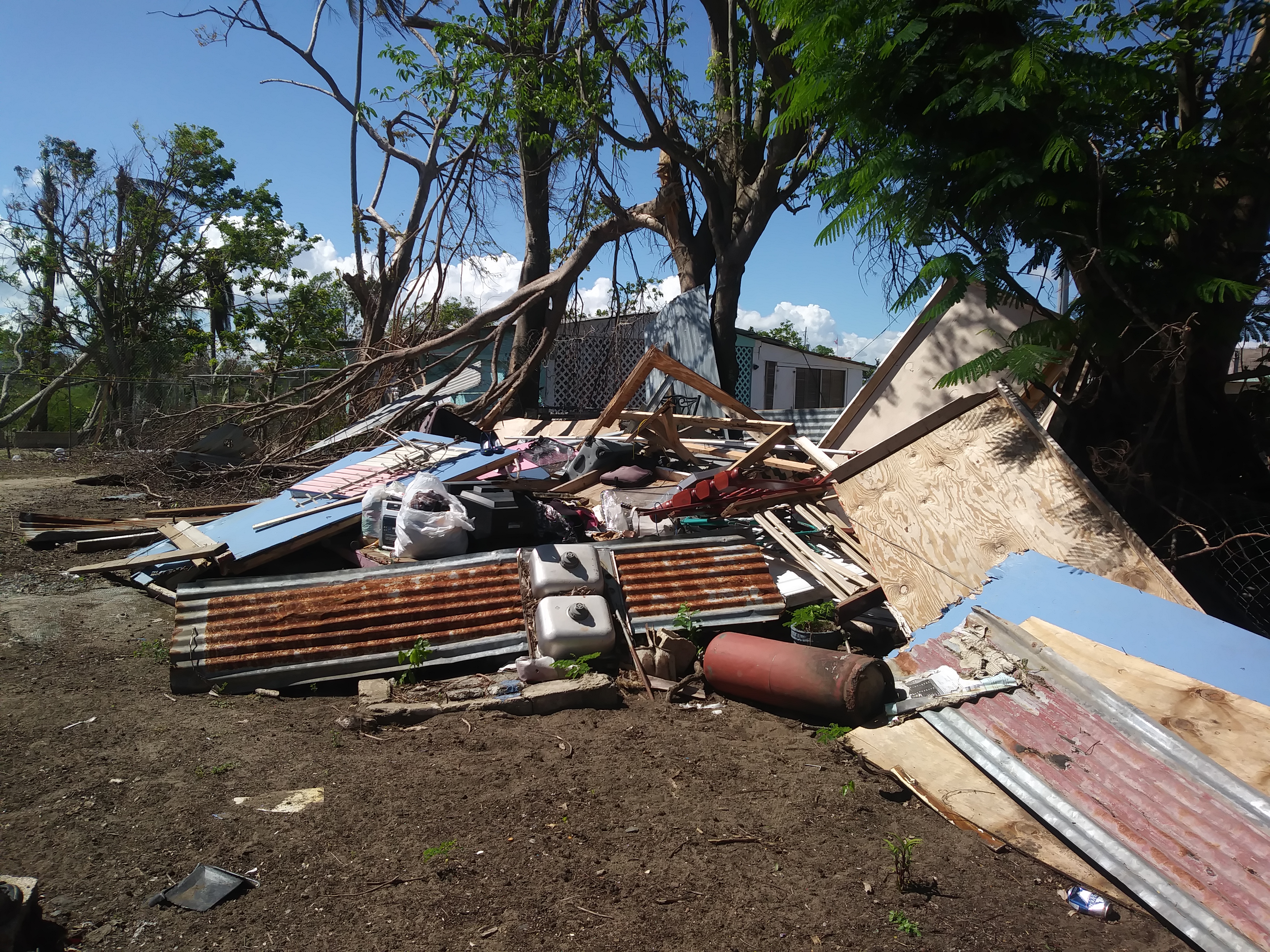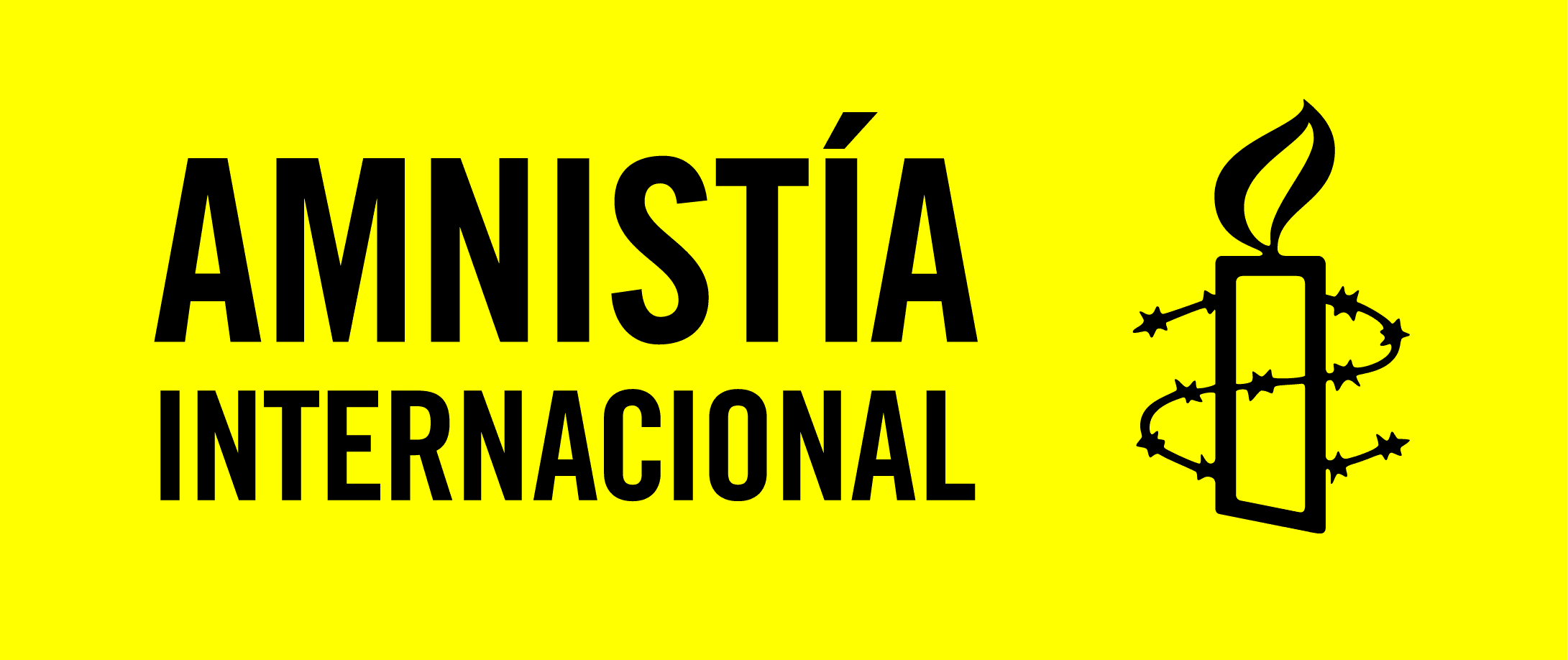
On September 20th, the powerful Hurricane María devastated the Island of Puerto Rico, now regarded as the worst catastrophe in its modern history. Official records state that deaths associated to the hurricane tally to 55. Two months after landfall, hundreds of individuals are still in government shelters due to their homes being lost or inhospitable. Added to that are the thousands seeking refuge in homes of other family members and those relocating to the United States. As a result, this situation has provoked an unprecedented avalanche of internally displaced peoples, requiring the immediate attention of local authorities to avoid aggravating the crisis.
The concept of ‘internally displaced’ is used to name the individuals whom have been forced to abandon their homes to avoid the effects of natural disasters or the consequences of the same, war, violence, human rights violations, among others. Unlike refugees, internally displaced individuals remain in their countries without crossing national borders or seeking asylum from other countries. Puerto Ricans that emigrate to the United States are to be considered internally displaced as they are American citizens.
An example of this situation is the lived experience of a young mother of two, resident of the impoverished municipality of Loíza, also one of the most affected areas in the hurricane’s passing. Protecting her identity, she is to remain anonymous. The young woman is currently staying with a family member after losing her home during the hurricane. Walking together through her community, she showed us the remains of the place she once called a home. “It’s sad, that’s all that’s left behind. All I want right now is the warmth of a home–the material things one can get back little by little,” she said as she still waits for Federal Emergency Management Agency (FEMA)’s final evaluation.
Given the difficulties thousands of families are currently facing in the Island, it is imperative that both local and federal governments deliver on their duty to protect and provide humanitarian assistance to those displaced by the hurricane and its aftermaths. This is one of the basic ideas outlined by the Guiding Principles on Internal Displacement elaborated by the United Nations Office for Coordination of Humanitarian Affairs (OCHA). This document outlines the rights and guarantees that protect those who are displaced, based on international law.
The return and reintegration to a safe home for displaced individuals is an important factor to consider in the process of rebuilding. The government has an obligation and responsibility to both create adequate conditions and to provide the means for a quality living standard.
In Loíza’s neighborhood Estancias del Río we met an advanced-aged individual living in a home riddled with grave damage. The woman had chosen to stay at a local shelter for the first days of the emergency, returning to her home not too long after in an attempt to rescue belongings that had not suffered damage. In spite of the time lapsed, government aid for her roof has yet to arrive while humidity overpowers the room, and debris and insects present a daily threat to her health. Although a FEMA claim had been filed, a representative has yet to visit her home for the required inspection.
Amnesty International noted a devastating and unprecedented account when Hurricane Katrina made landfall in the Gulf Coast in 2005. A report published in 2010 evidences how thousands of people, primarily African-American, were still without access to shelter and basic medical care five years after the emergency. Among the most recurring challenges residents faced were the slow home recovery, the bureaucracy when soliciting government aid, and the sudden spike in the cost of living and renting in the area. A study by Unity for Greater New Orleans reveals that 60% of the homeless population in New Orleans is a byproduct of Hurricane Katrina. In Puerto Rico, arriving on a legitimate long-term recovery process is one of the biggest concerns and challenges ahead.
The lack of the state’s capacity to handle the housing situation before the hurricane was exceedingly concerning. Even before the hurricane made landfall, statistics on how many individuals were homeless were nonexistent. In the middle of this emergency, the lack of capacity is increasingly evident. Those individuals who were homeless before the hurricane’s impact can now possibly be facing a worse situation as the state forgets about their circumstances.
Another important challenge ahead is that of the restitution of property to those affected when considering the few options available. A matter of days ago, it was made public that FEMA plans to temporarily relocate those in shelters awaiting home repairs or replacements to Florida and New York. This is a voluntary relocation, FEMA covering the costs of travel. However, the time that “temporarily” refers to is uncertain as those individuals await their return and concern themselves with access to employment, education, health, and food.
According to the Florida Governor’s Office, more than 73,000 Puerto Ricans have arrived to the state due to Hurricane María. Assistance and informational centers have been opened in the state’s airports to guide the influx of families arriving from Puerto Rico. School districts have opened their doors and have hired Puerto Rican educators to accommodate the new population of students. However, it is important to note that these efforts must allow for real long-term solutions to assure the well-being and safety of the families.
We emphasize that the aid granted by the state to those who are displaced needs to be enshrined in the protection of their human rights. We believe that a true recovery for the lives of these individuals should include their right to safe shelter, access to basic services, and the preservation of their dignity.

